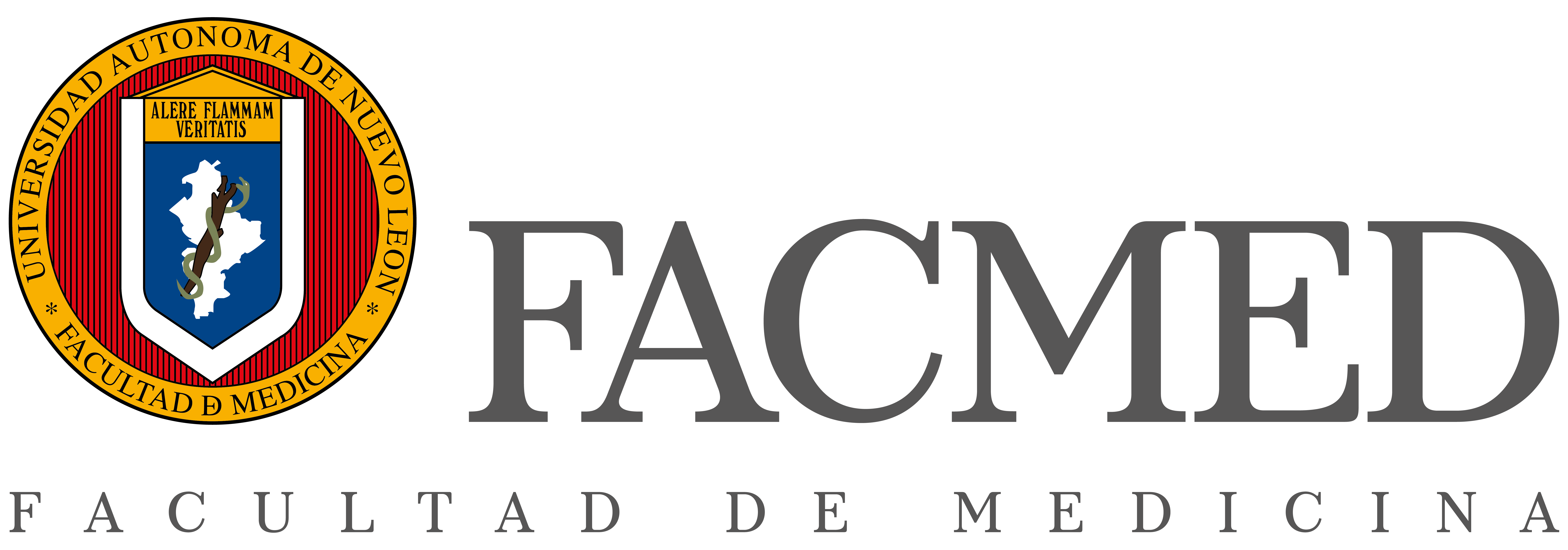Student profile (QCB/LQC)
Bachelor's Degree in Clinical Chemistry
MISIÓN DE LA FACULTAD DE MEDICINA
To train health professionals with academic excellence across various biomedical disciplines, enabling them to carry out their clinical, teaching, and research duties with a focus on innovation. This training is provided within an ethical, humanitarian, and inclusive framework, fostering a strong sense of service and social responsibility, as well as the ability for self-criticism and continuous knowledge development, thus promoting comprehensive professional growth.
Professional fields
- Clinical laboratory
- Blood bank
- Toxicological analysis laboratory
- Analytical Services and Consultancies.
Graduates profile PROFESSIONALS
To train highly skilled professionals in Clinical Chemistry who are committed to excellence in the development and application of advanced analytical methodologies, the management of specialized technologies, and the generation of biomedical knowledge. These professionals integrate scientific rigor, critical thinking, and creativity in an ethical and collaborative environment, promoting innovative scientific solutions that contribute to human health care, disease prevention, and treatment.
They have theoretical and practical competences to perform high-precision clinical analyses, covering hematological, biochemical, immunological, microbiological, toxicological tests, as well as molecular testing in hospital laboratories, analytical labs, and blood banks, both public and private. They also manage quality assurance systems in accordance with current regulations.
They have the ability to lead interdisciplinary initiatives, promote biomedical research in key areas such as the identification of biomarkers, the study of pharmacokinetics, and clinical toxicology, among others. In addition, they play a fundamental role as a link between laboratory science and patient care. Their work has a positive impact on individual well-being, health equity, and environmental preservation.
Specific competencies
- To conduct clinical analyses through the application of validated procedures, the management of specialized technologies, and adherence to quality standards, in an environment that fosters effective communication, problem-solving, and collaboration with other health professionals, to ensure reliable results in clinical diagnosis and health monitoring.
- To implement analytical methodologies by integrating cutting-edge technological tools, respecting established protocols and ensuring that the results meet the required standards, applying creativity and critical thinking, to promote scientific solutions that significantly contribute to the improvement of human health and environmental sustainability.
- To manage quality assurance and continuous improvement systems through the effective use of quality control tools and risk analysis, ensuring compliance with current regulations, as well as established standards, and exercising ethical leadership and multidisciplinary work to optimize processes and guarantee reliable results in the health sector.
- To generate biomedical knowledge through the application of the scientific method and the use of innovative analytical techniques, ensuring compliance with ethical and regulatory norms, acting with social responsibility, enhancing proactive thinking to contribute effectively to the prevention, diagnosis, and treatment of diseases, and promoting significant advances in the healthcare field.
Campo laboral
Clinical laboratory: clinical biochemistry, hematology, microbiology, immunology, endocrinology, molecular biology, toxicology, forensics, andrology, and reproductive biology.
+-- Processing clinical samples.
- Managing the quality of processes.
- Organizing administrative activities.
- Coordinating the provision of services and resources in a healthcare setting.
- Complying with current regulations.
- Coordinating personnel for the smooth operation of a laboratory.
- Designing analytical methods.
- Optimizing analytical methods.
- Validating analytical methods.
- Contributing to the logistical processes of research and teaching.
Blood bank
+-- Collaboratively selecting donors.
- Performing phlebotomy.
- Managing adverse reactions.
- Fractionating blood components.
- Conducting donor serology.
- Executing compatibility testing.
- Releasing safe blood units.
- Managing blood component exchange.
- Managing quality processes.
Analytical Laboratory: toxicological, bioequivalence, forensic, and food.
+-- Developing analytical methods.
- Optimizing analysis methodologies.
- Validating analytical methods.
- Implementing analytical procedures.
- Applying current regulations.
- Managing quality processes.
- Coordinating the provision of services and resources.
- Coordinating personnel for the smooth operation of a laboratory.
Analytical Services and Consultancies.
+-- Coordinating internal and external audits of a service.
- Managing quality processes of a service.
- Developing actions for sales growth in a company.
- Providing application support and customer service in a company.
- Assisting in the activities of the finance department and personnel management of a company.
- Coordinating research studies in the productive sector.

